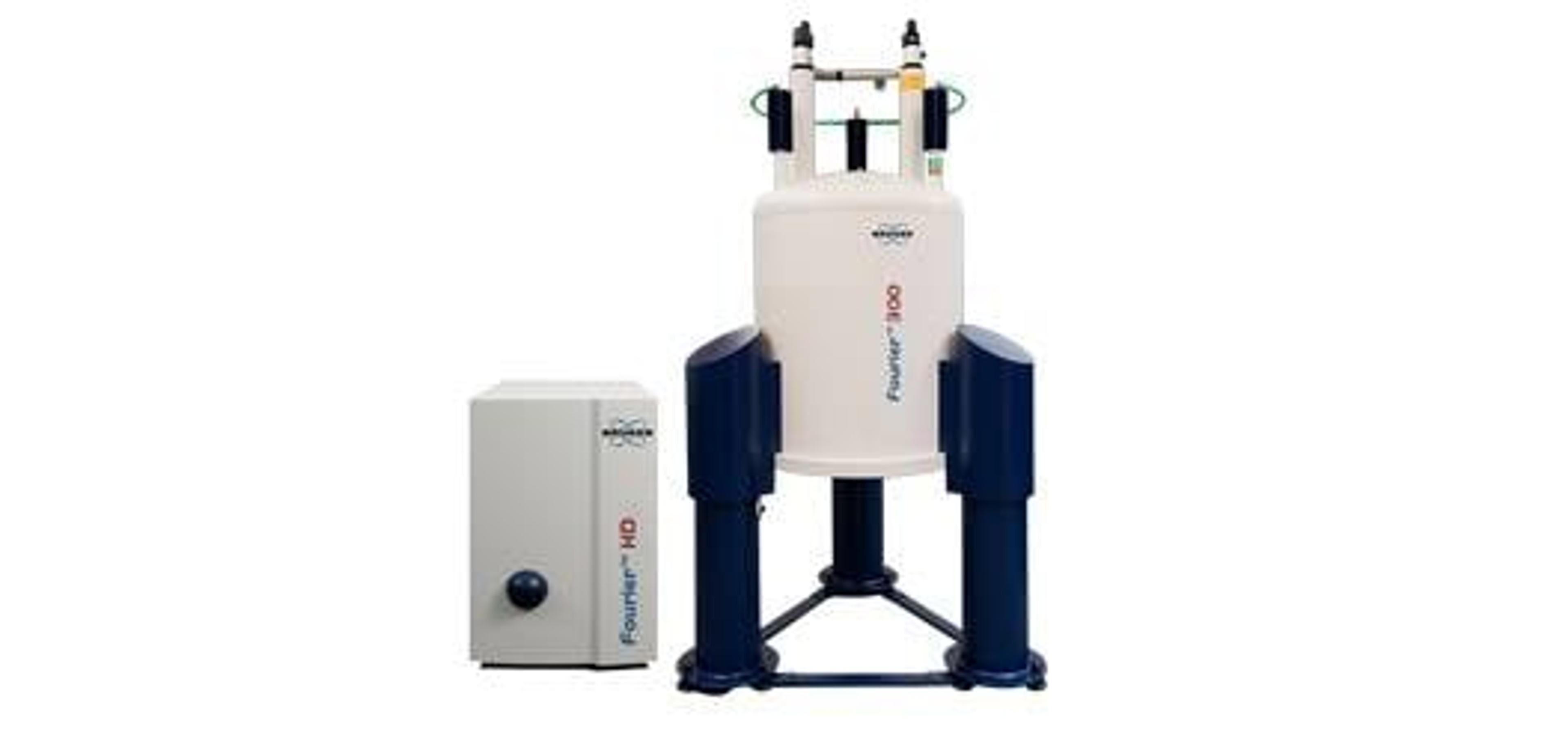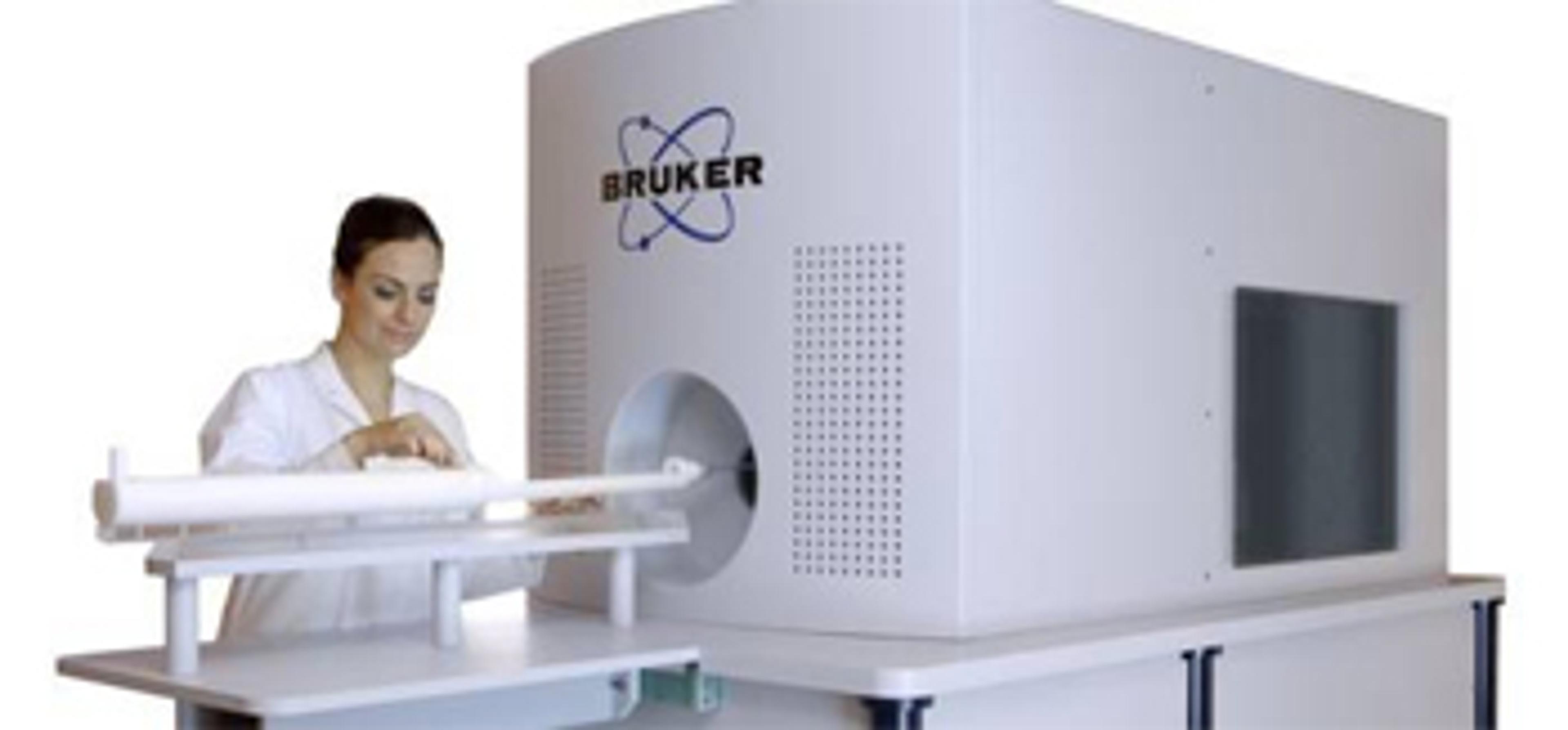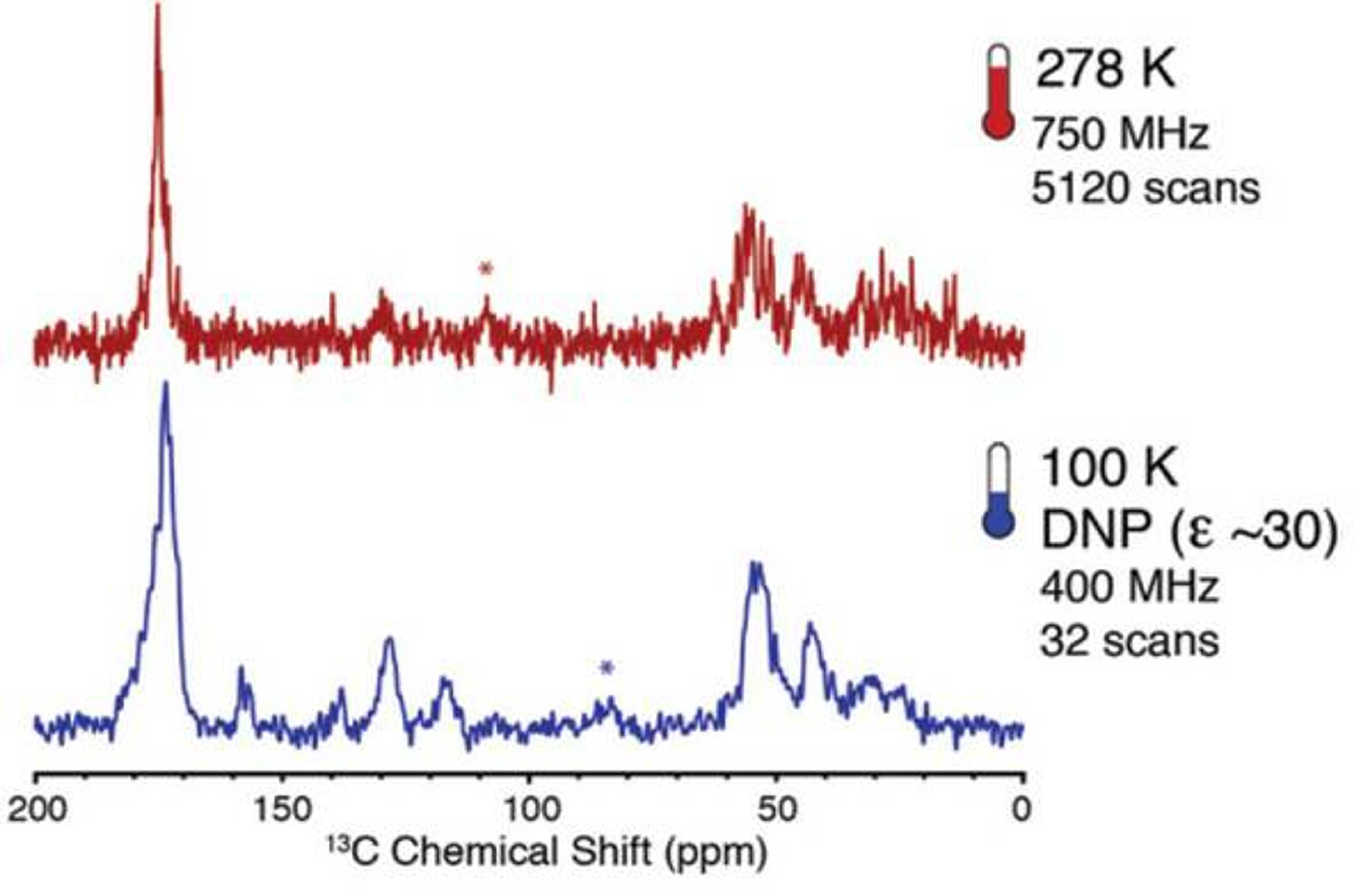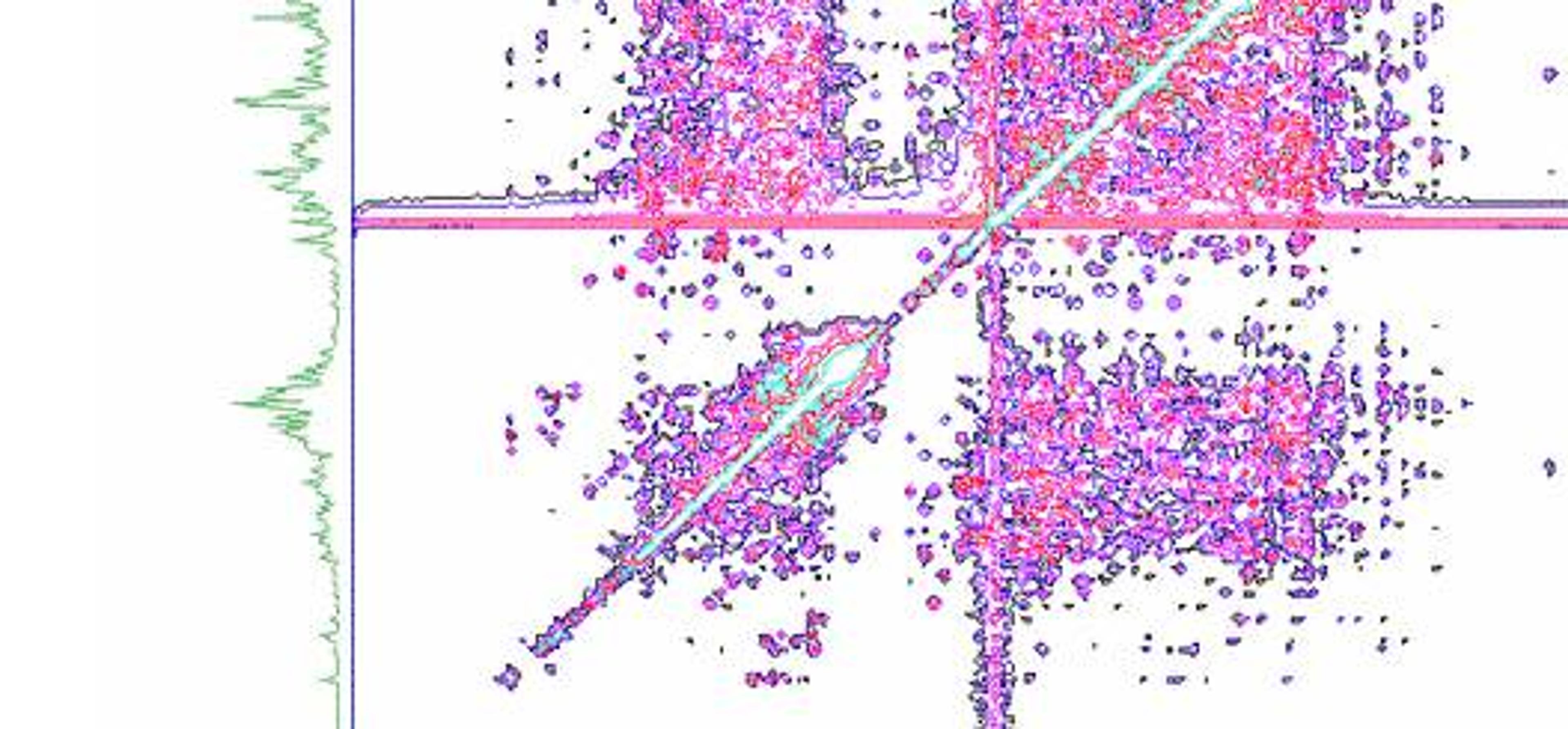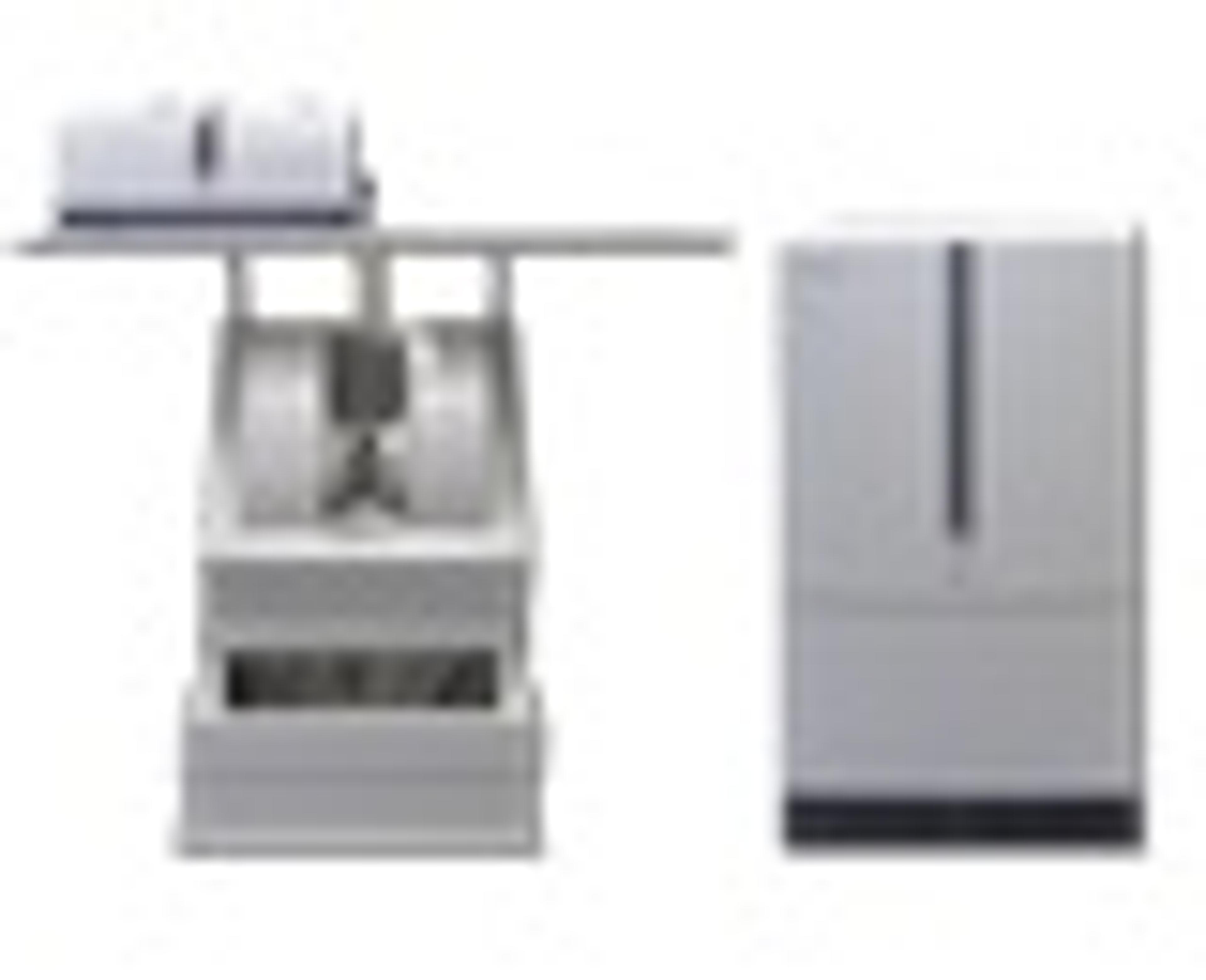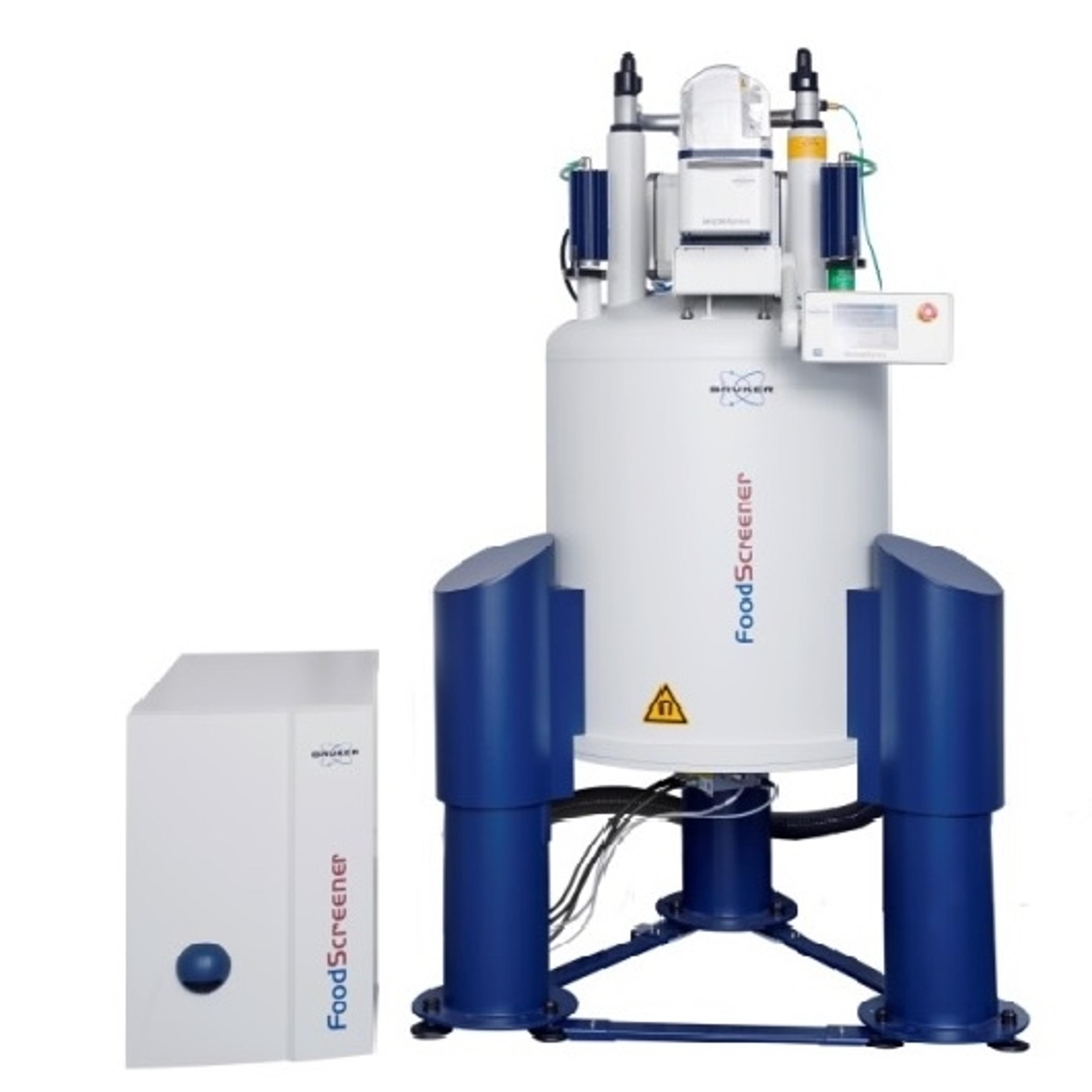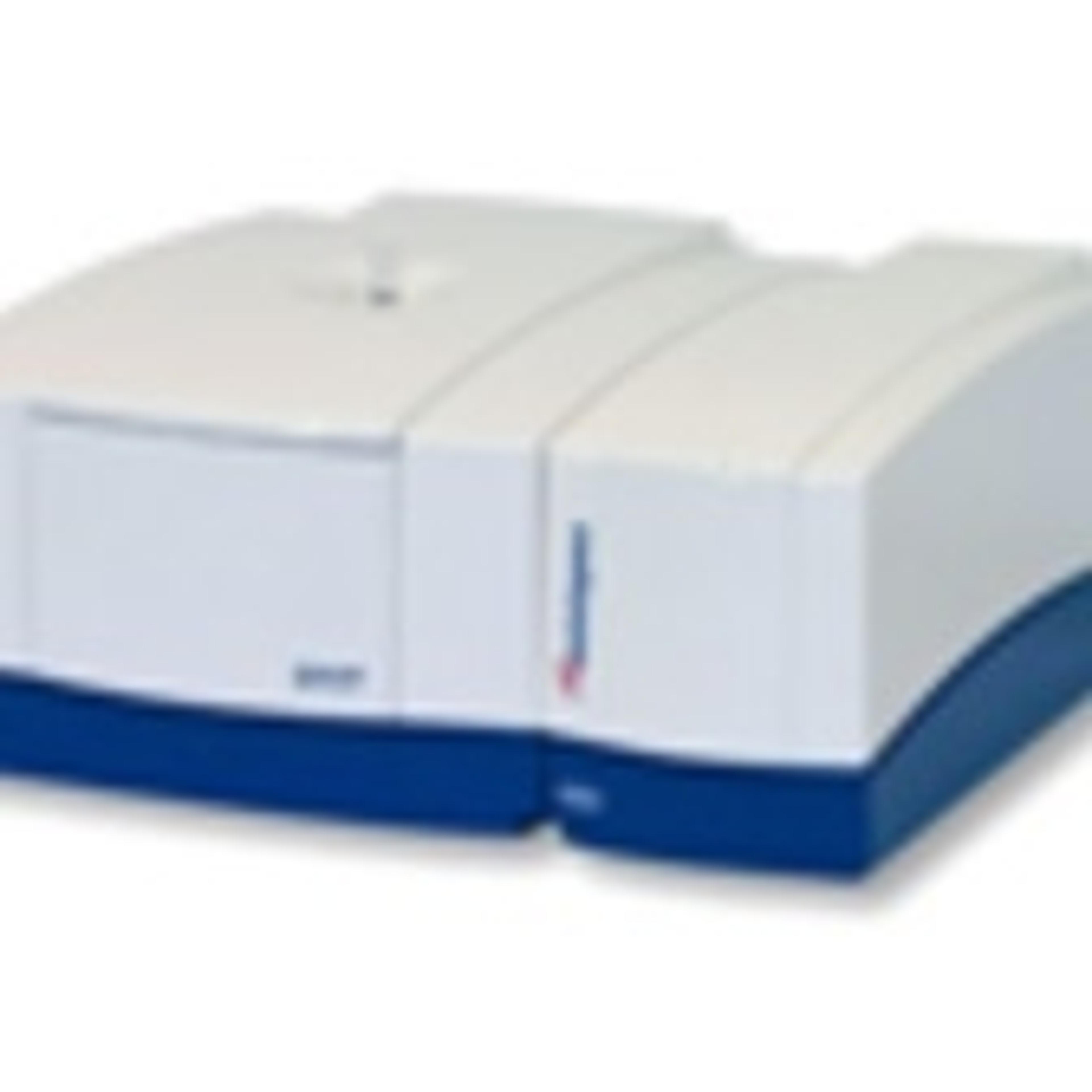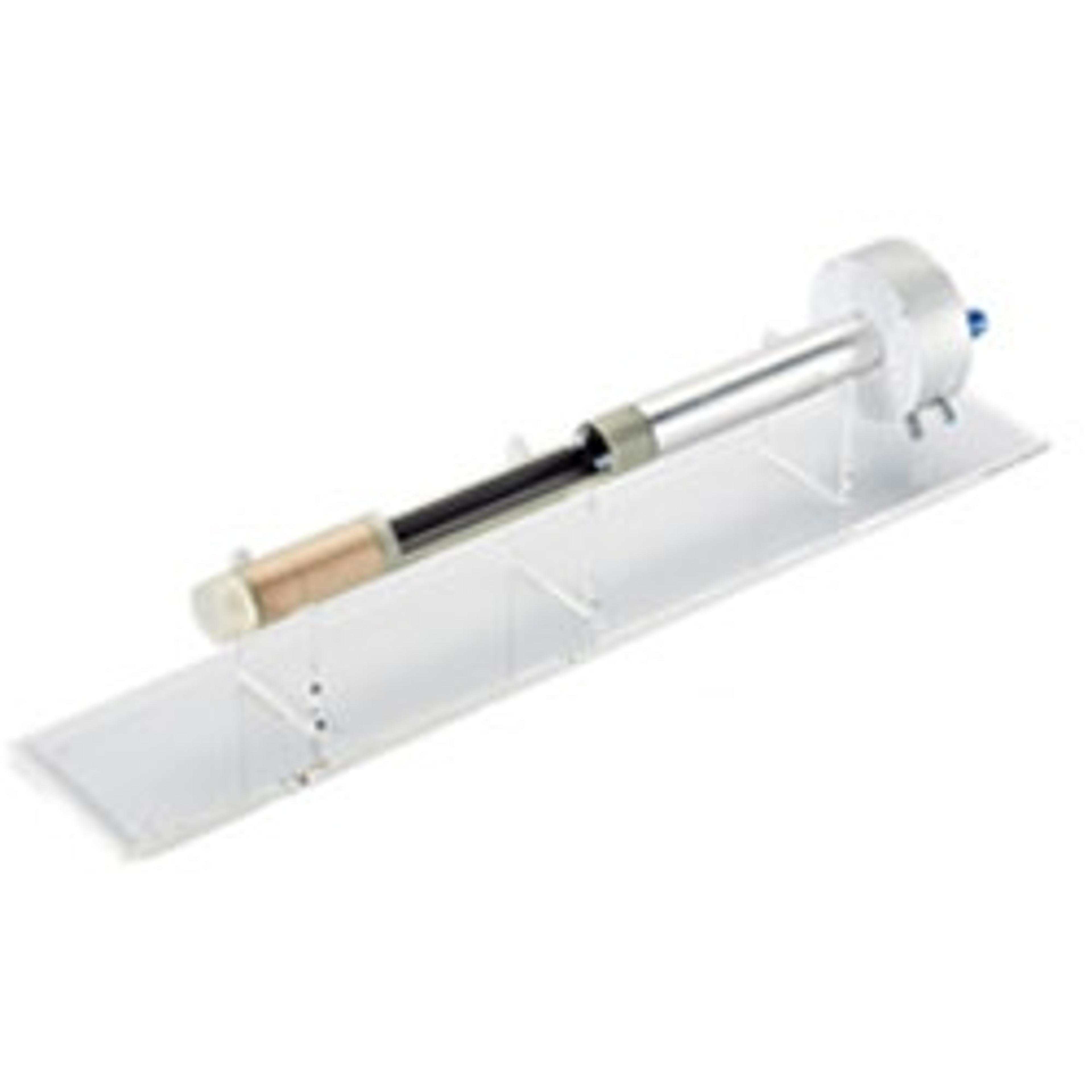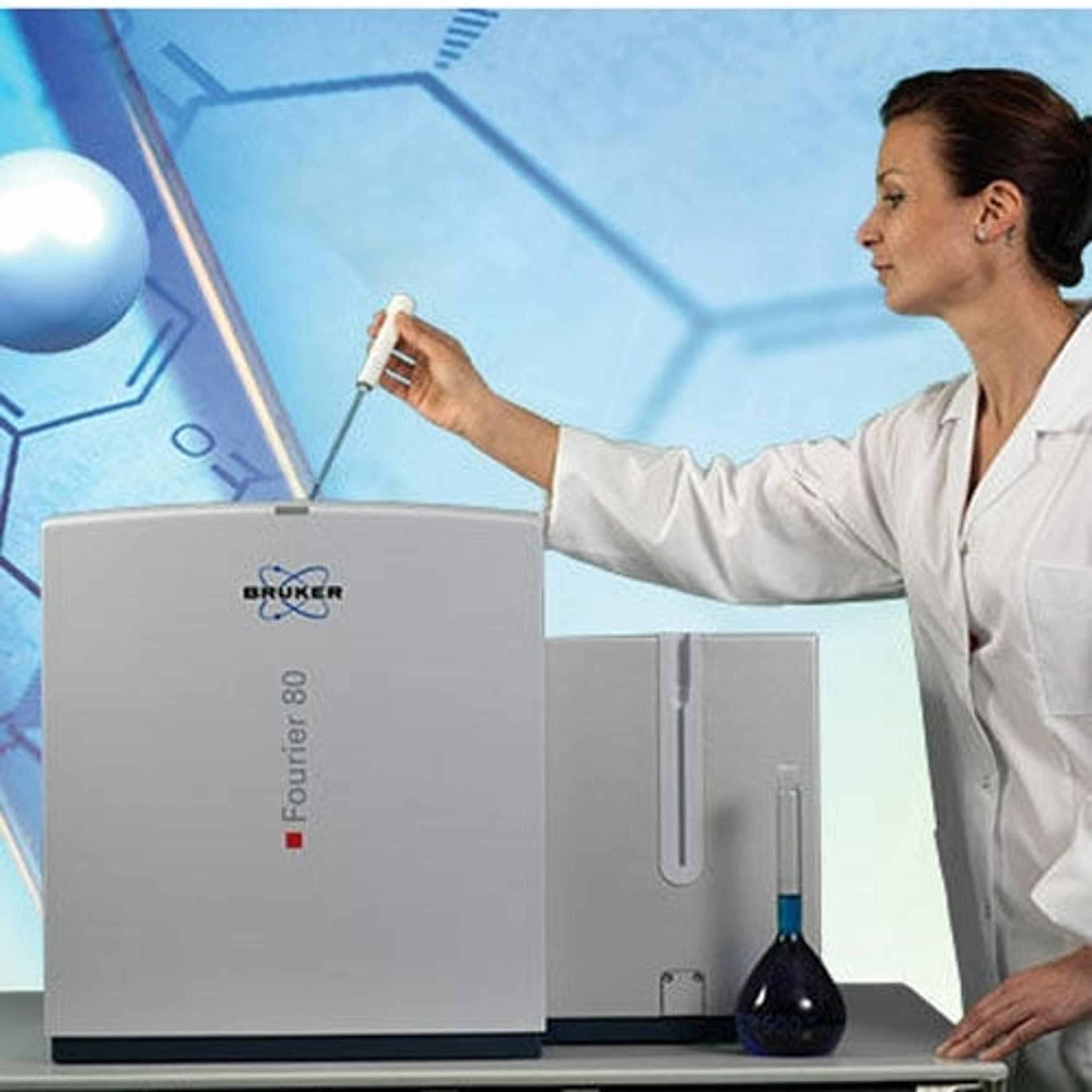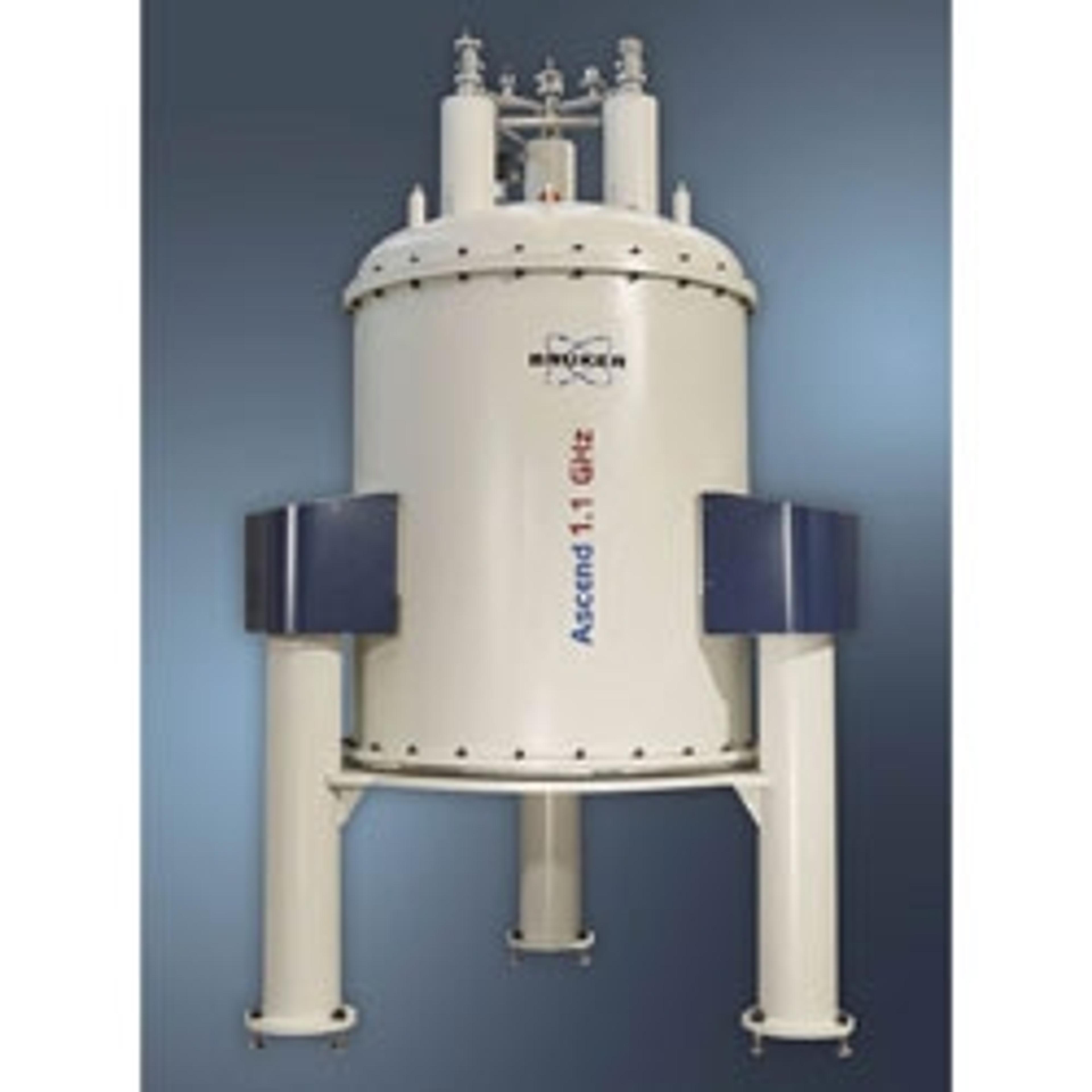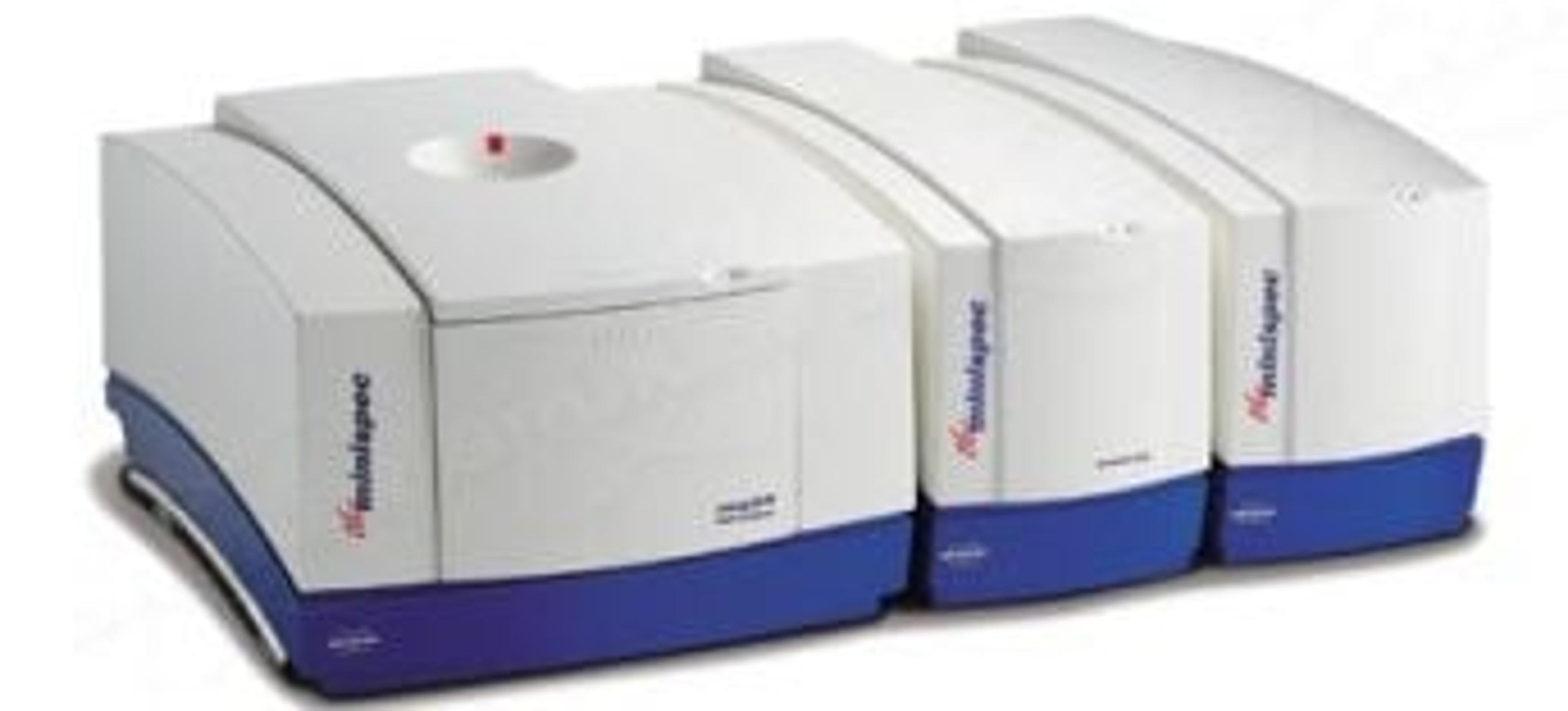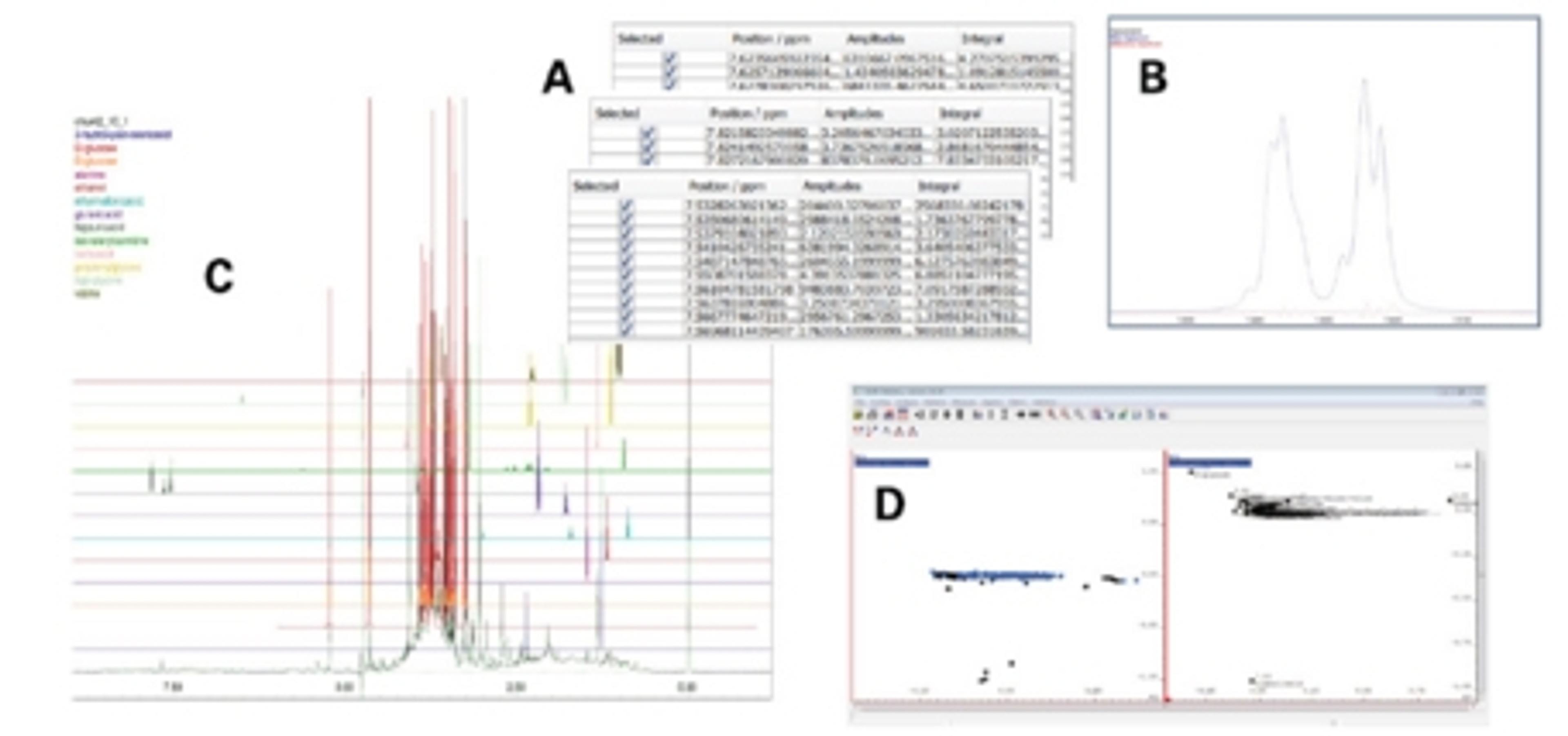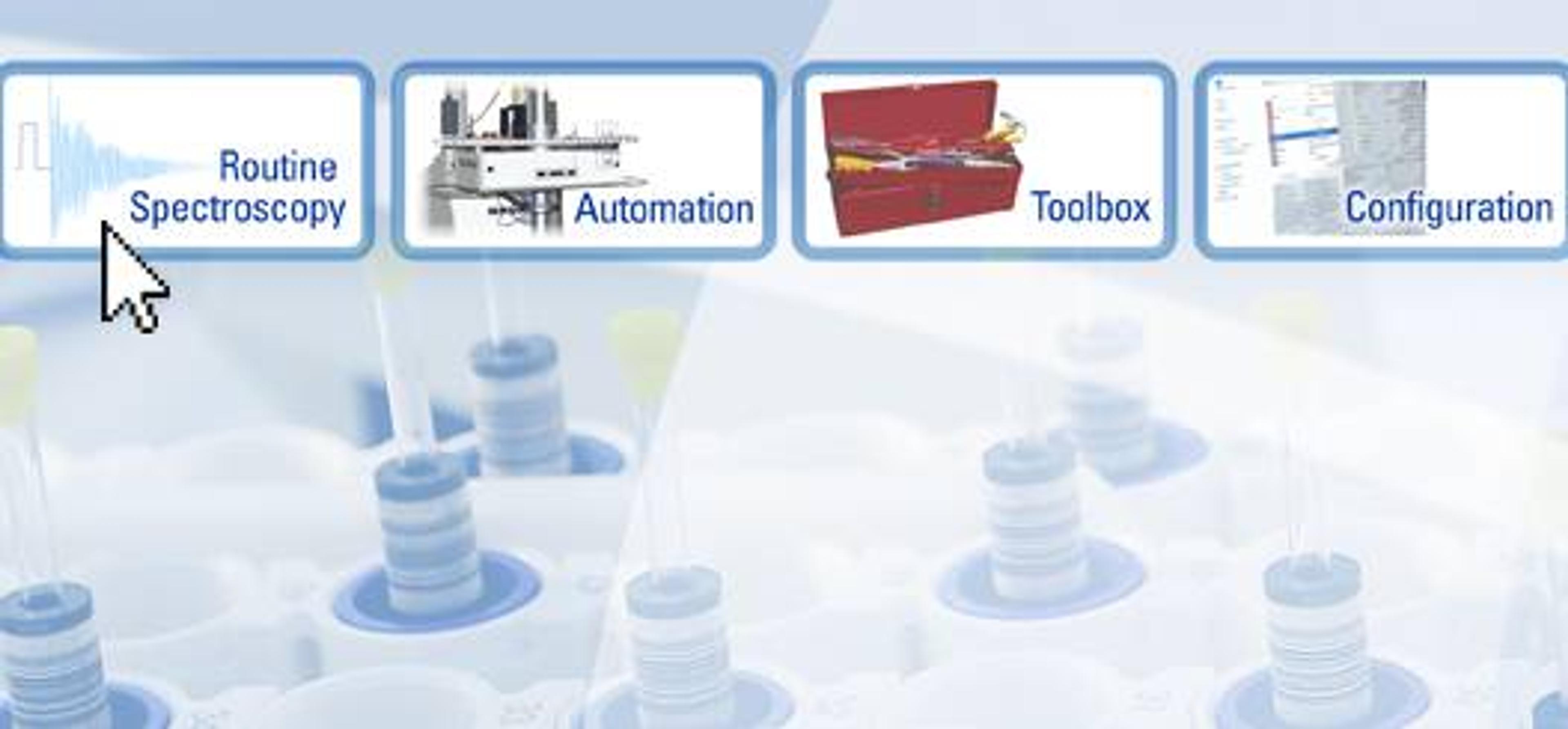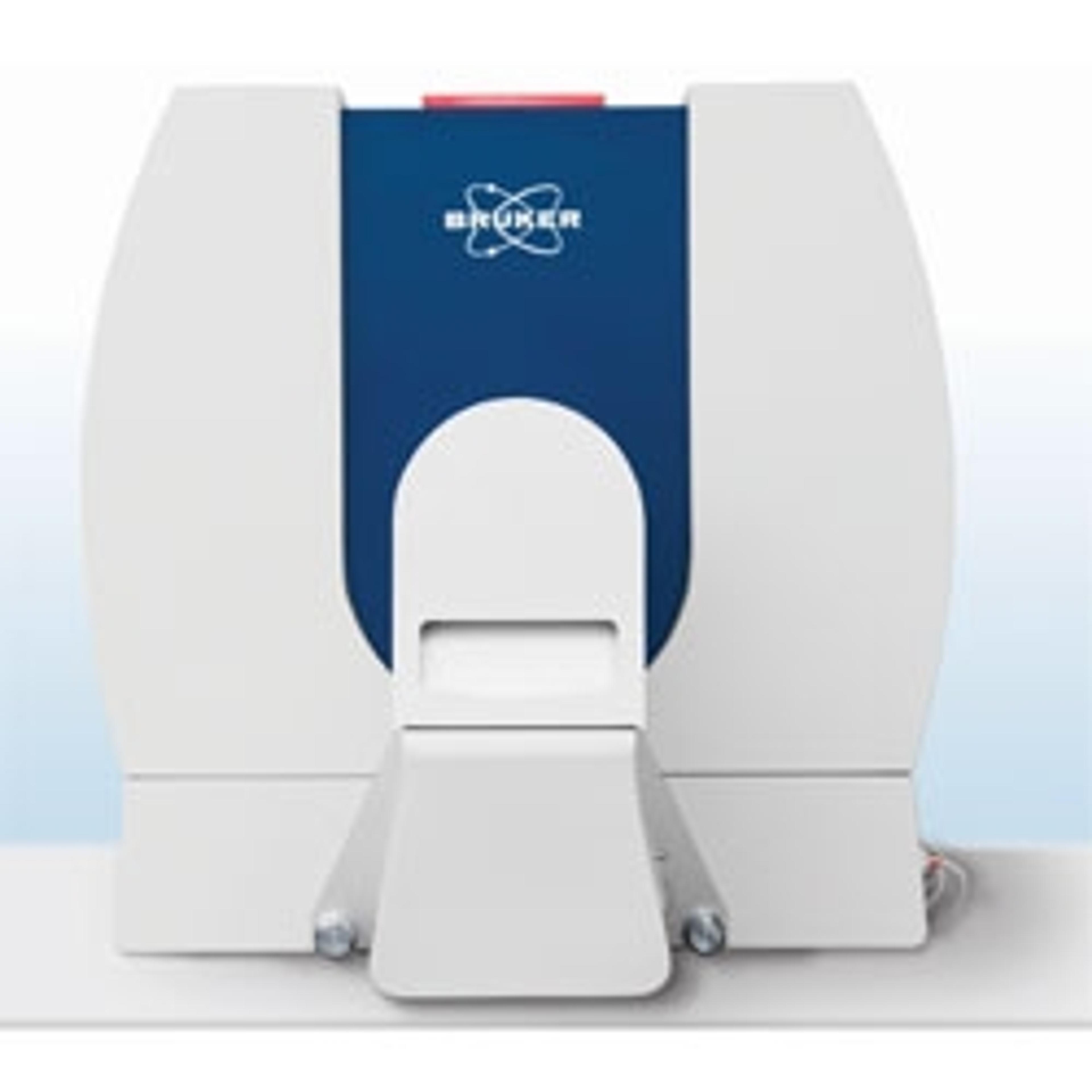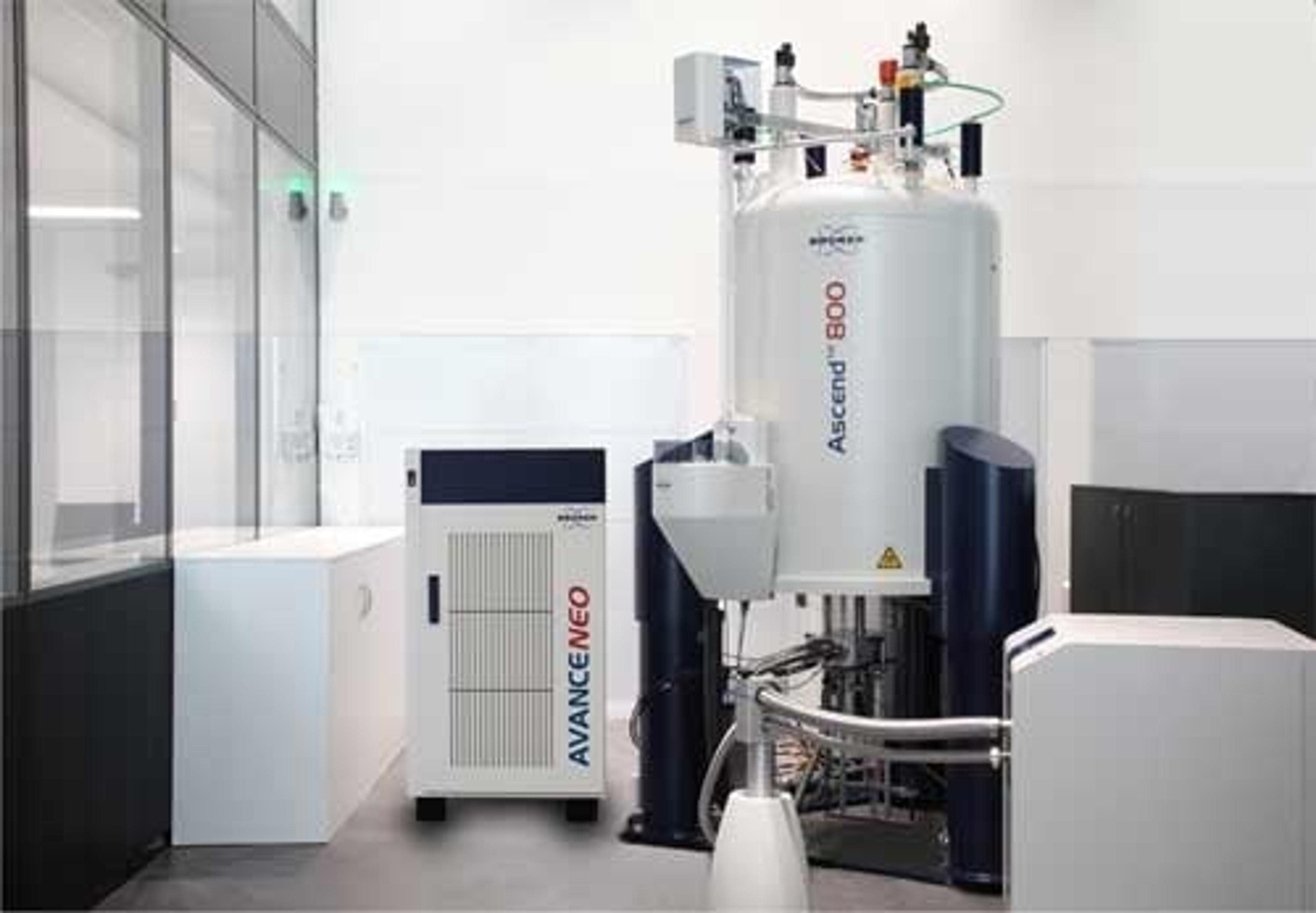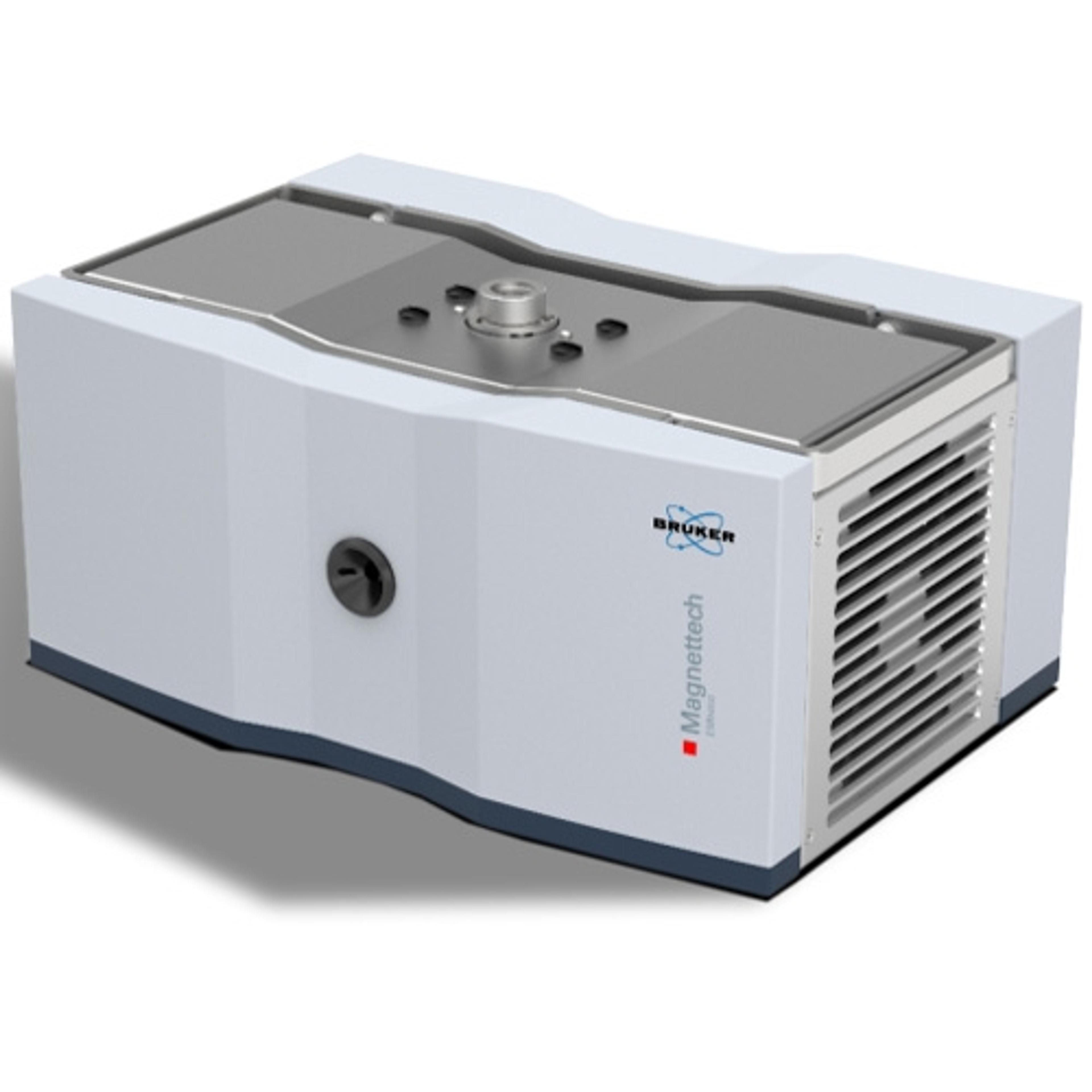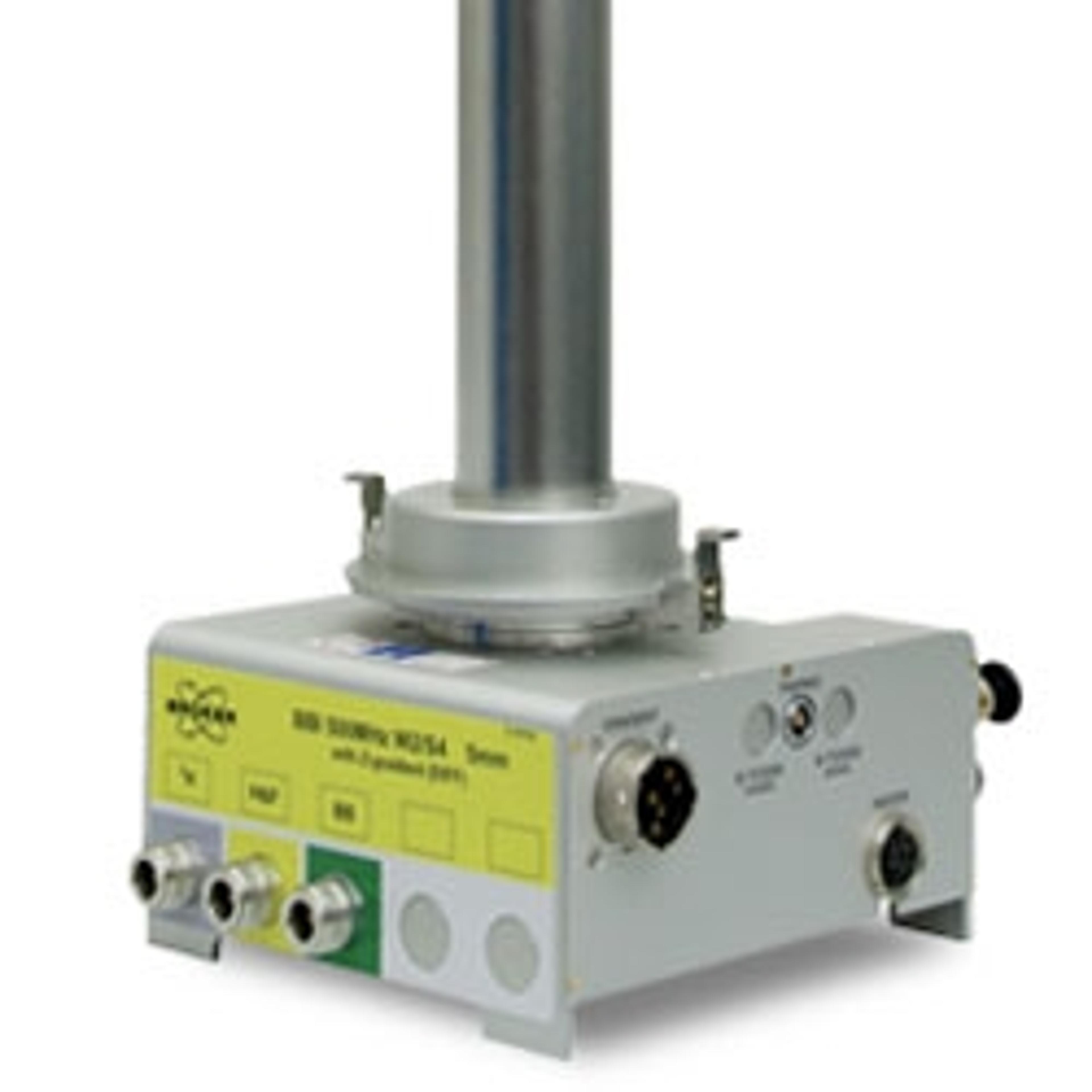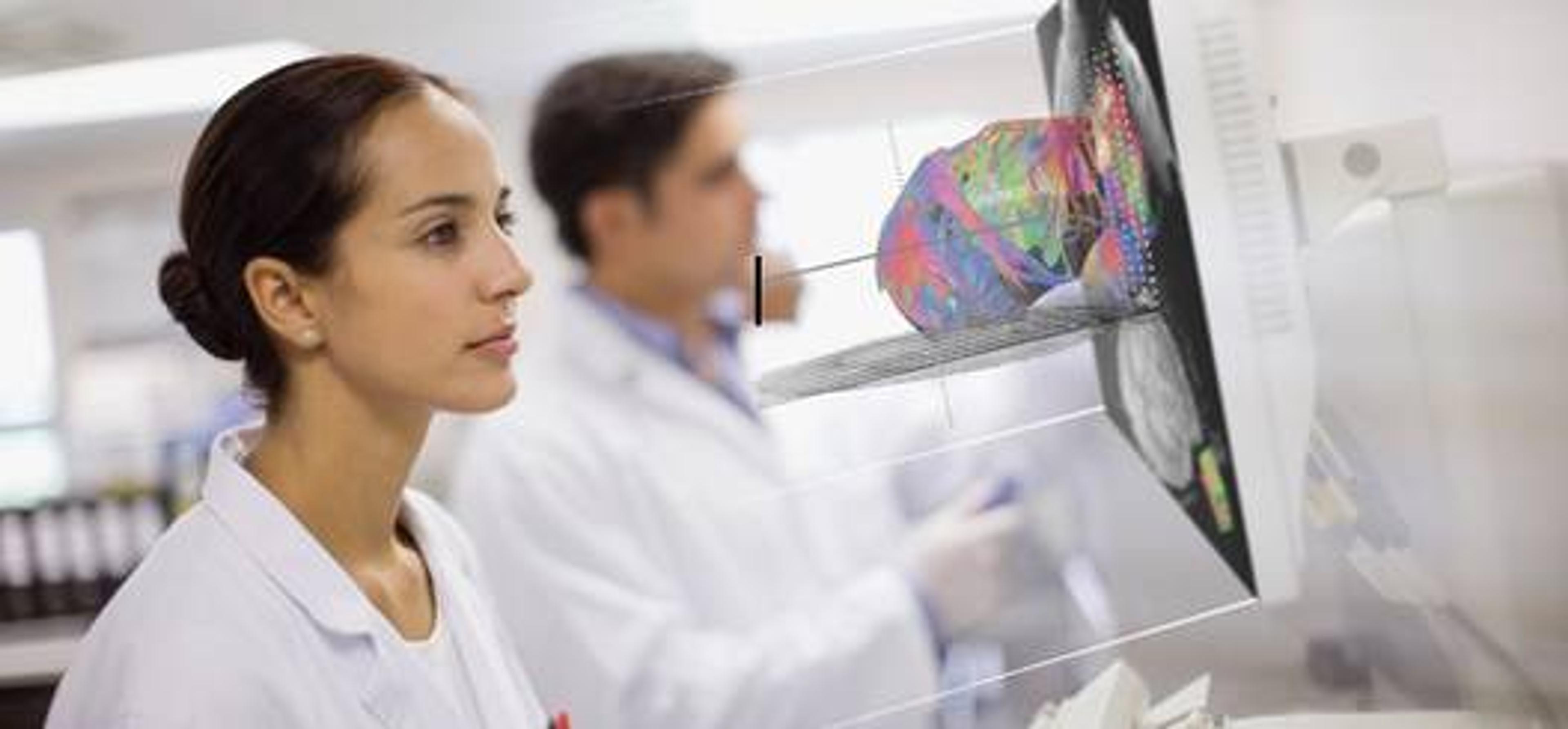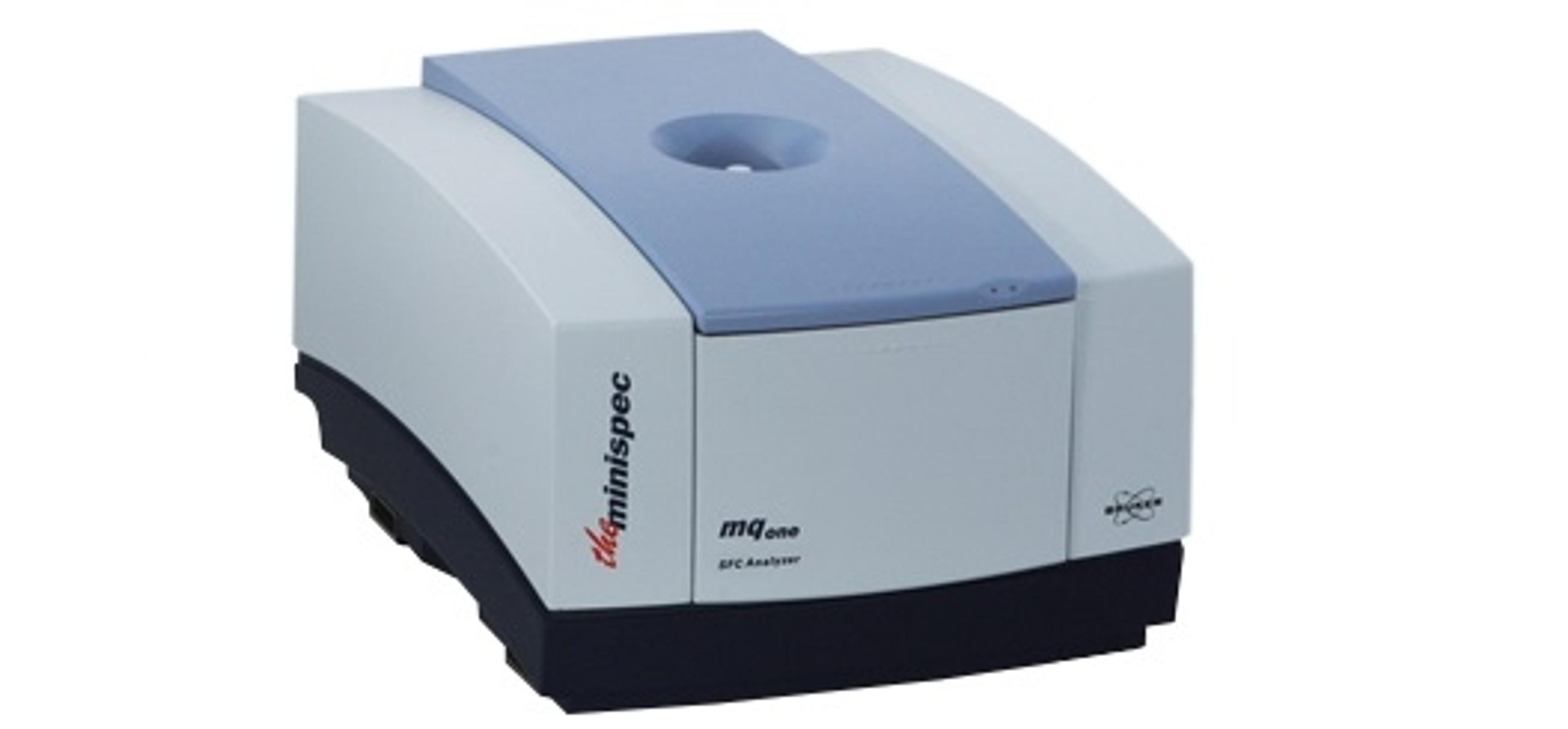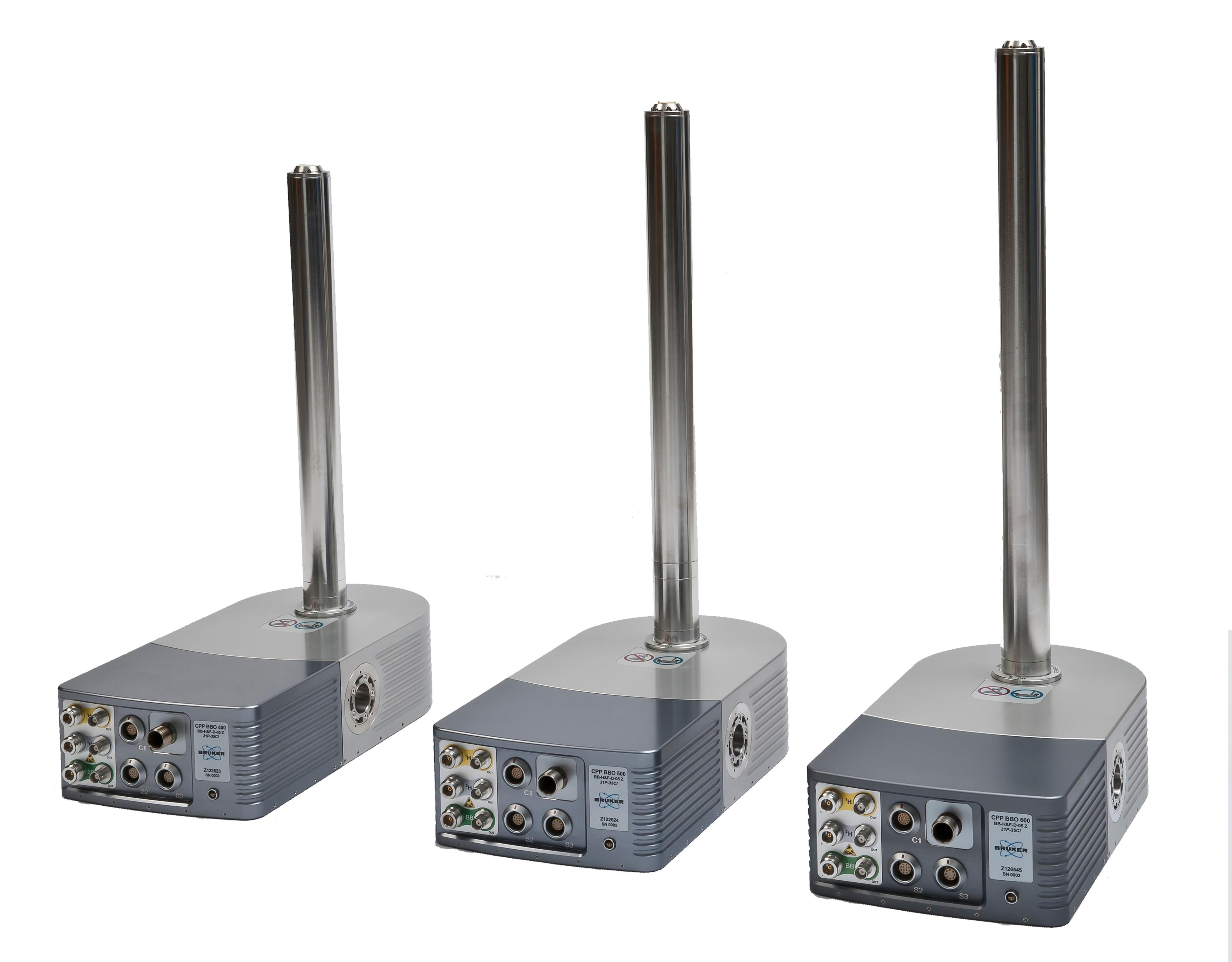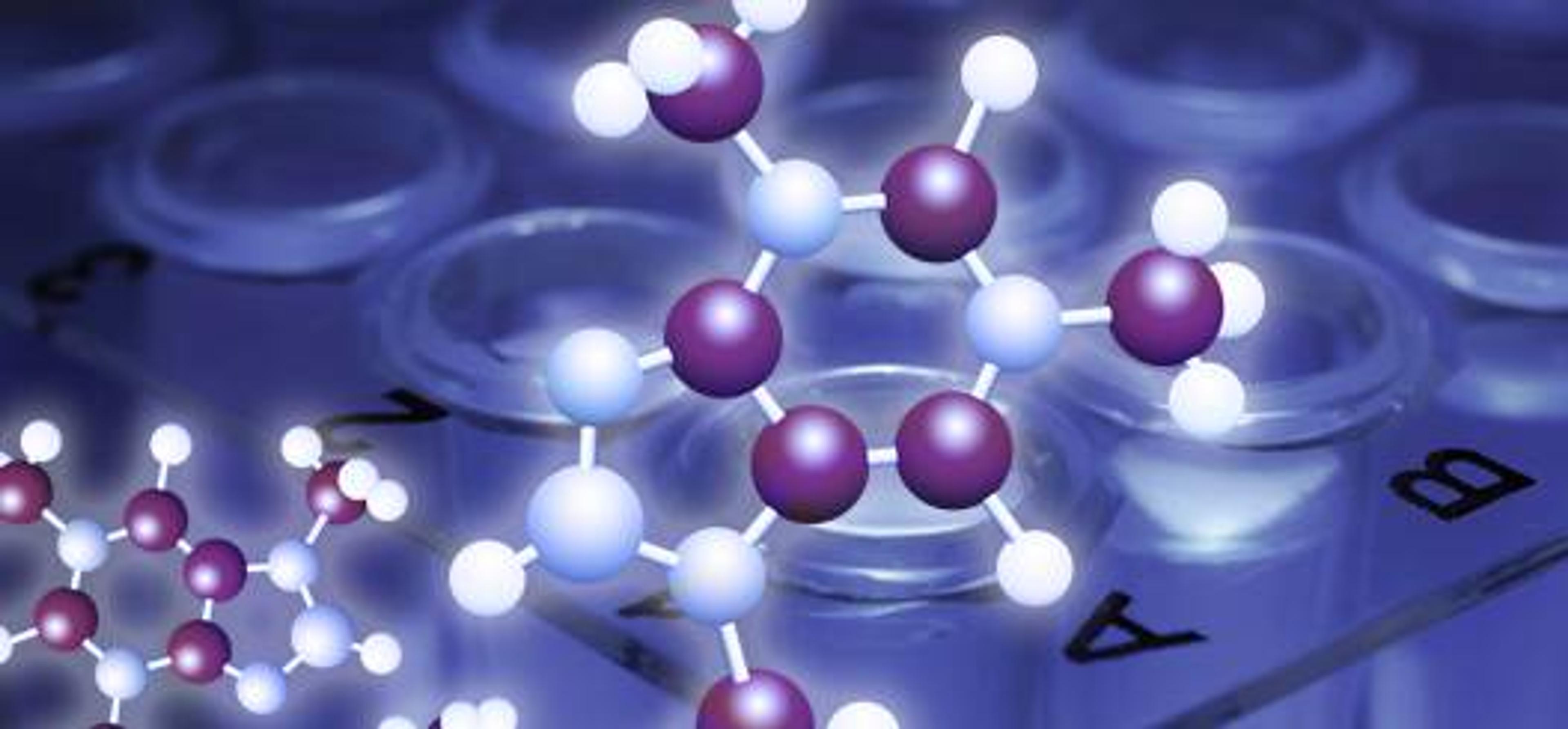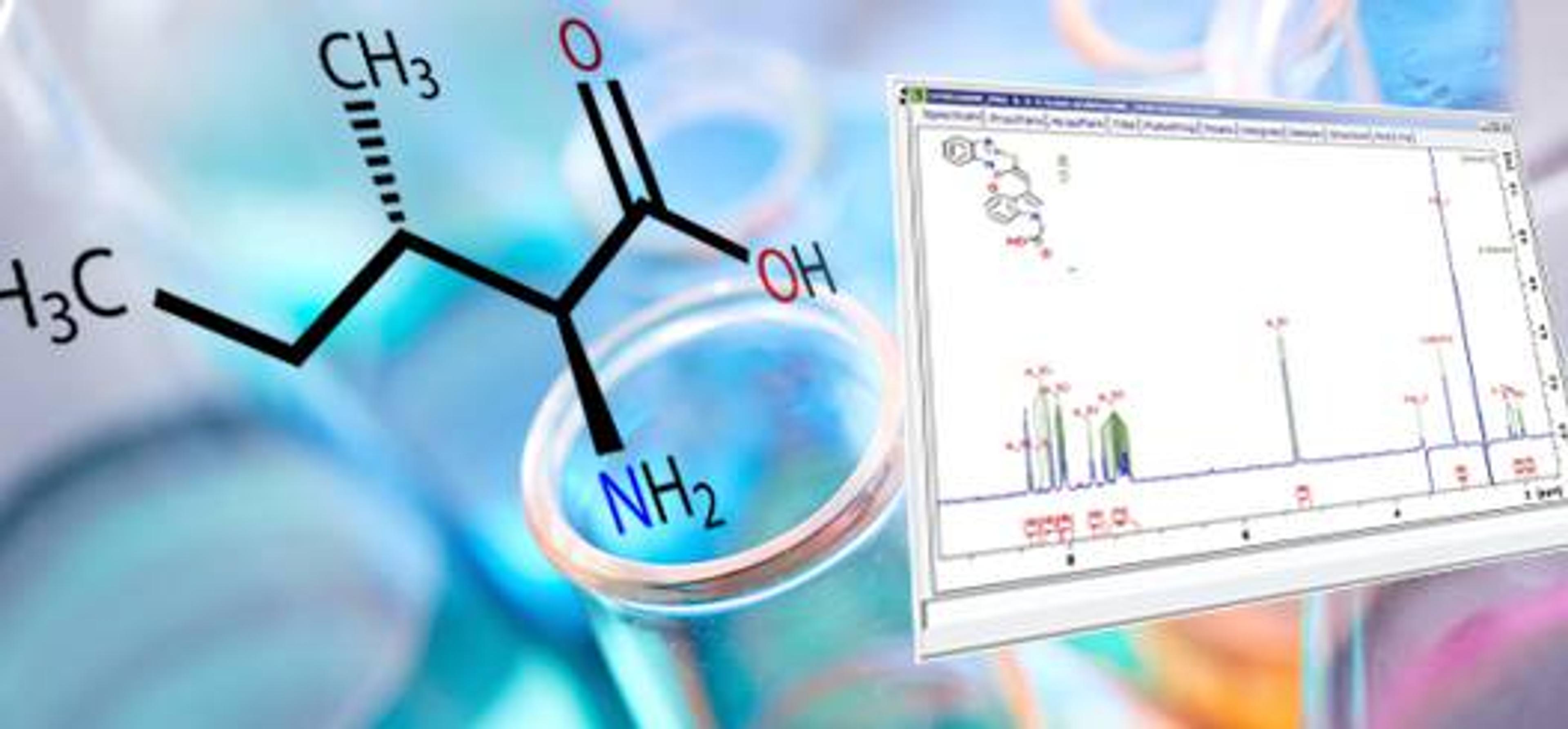Bruker BioSpin Products & Reviews
Selected Filters:
Minispec mq Series Toothpaste Analyzer
Bruker BioSpinFast and reliable quality control for toothpaste production
LC-SPE-NMR
Bruker BioSpinSolid Phase Extraction (SPE) System - The Latest Development in the Field of Hyphenated Techniques
NMR Microscopy
Bruker BioSpinNMR Microscopy systems are used in so many different fields of research, in physics, chemistry, biochemistry, biology, medicine, food technology, materials science, chemical engineering and others. The NMR-specific properties of the objects are visualized as multidimensional images. Translational motion can be observed and spectroscopic information can be spatially resolved. NMR Microscopy systems provide optimal object handli…
Ascend
Bruker BioSpinAscend is designed to address the scientific requirements for increased sensitivity and higher resolution in order to study larger proteins, functional disorder and macromolecular complexes.
Minispec mq Series TD-NMR Analyzer
Bruker BioSpinMulti-application support and a wide range of upgrade features
SkyScan 1276
Bruker BioSpinThe SkyScan 1276 is a high performance, stand-alone, fast, desk-top in vivo micro-CT with continuously variable magnification for scanning small laboratory animals (mice, rats, ...) and biological samples. It has an unrivalled combination of high resolution, big image size, possibility for round and spiral (helical) scanning and reconstruction, and low dose imaging.
AVANCE NEO
Bruker BioSpinThe AVANCE NEO represents the next generation in the very successful AVANCE series product line, which has established Bruker as the global technology and market leader in NMR.
Magnettech ESR5000
Bruker BioSpinExpand your analytical capabilities with EPR technology. The Bruker Magnettech ESR5000 provides both academic and industrial laboratories with X-band research grade sensitivity plus a wide field range, all in a compact and easy-to-install benchtop solution.
Diffusion NMR Probes
Bruker BioSpinPulsed-field-gradient (PFG) NMR techniques have been used for many years to measure diffusion and other molecular motion in liquids and solids, and interest in various applications continues to grow. PFG techniques are used to study the mobility of molecules, the structure of materials (porous systems, polymers, electrolytes, food and more) and to characterize mixtures. Free and restricted diffusion and translational motio…
Minispec mq-one Series TD-NMR Analyzer
Bruker BioSpinThe One Solution for Your Dedicated QC Application

